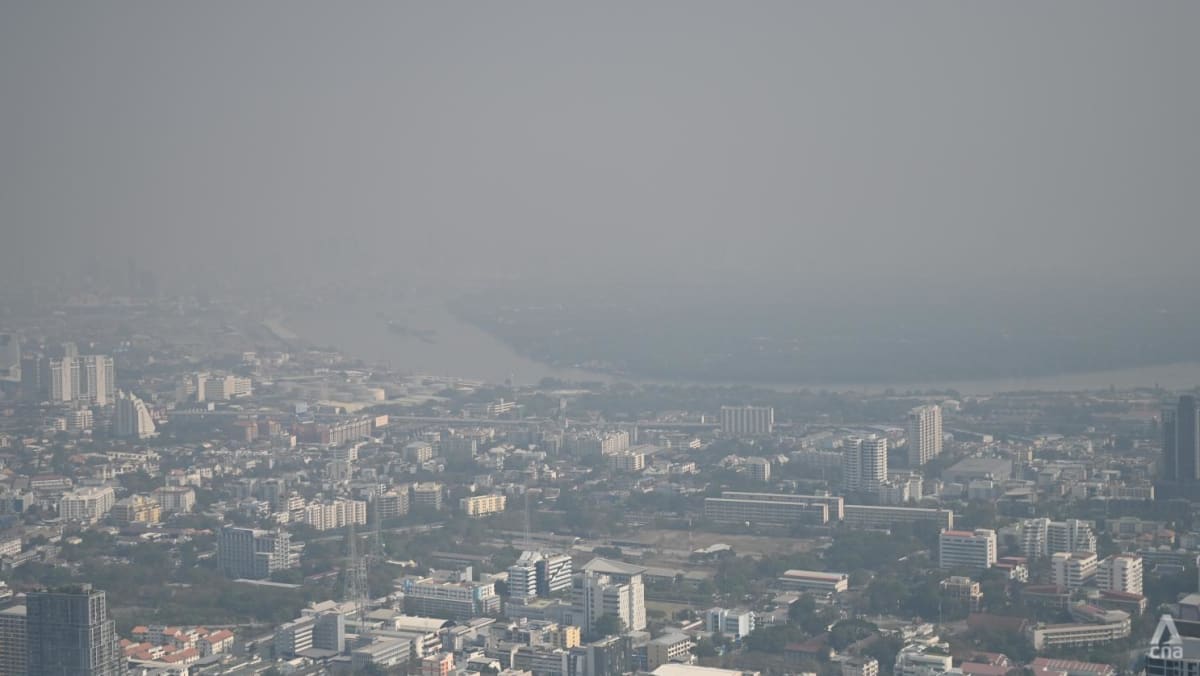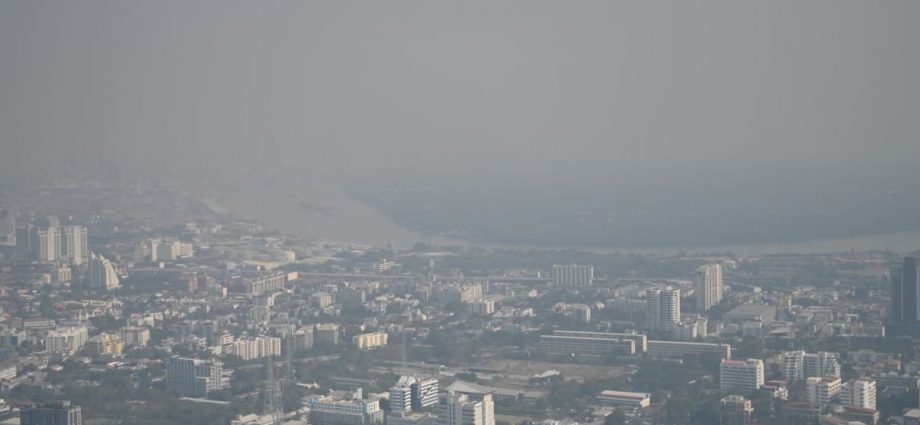
Up north, residents in the popular tourist destination Chiang Mai also suffered from air pollution. Air quality in the province was ranked the worst in the world over the past week and the public was advised to monitor their health as well as reduce outdoor activities.
On Sunday, the Geo-Informatics and Space Technology Development Agency (GISTDA) reported 529 hotspots in Thailand. Most of them were located in national forest reserves, conservation forests and agricultural areas.
On the same day, GISTDA also reported thousands of other hotspots in the neighbouring countries. Based on its data, there were 1,655 hotspots in Myanmar, 1,588 in Laos, 1,103 in Cambodia, 317 in Vietnam and 47 in Malaysia.
“We need to monitor PM2.5, which usually comes with forest fires and hotspots. Hotspots in the neighbouring countries can result in PM2.5 in border areas as a result of winds. The problem of forest fires and smoke has long affected different systems in the country, especially the economic and social systems,” GISTDA said.
A general election is expected to take place in May. However, the date has yet to be announced.
Besides the Democrat Party, Thailand’s biggest political group Pheu Thai has also pledged to tackle air pollution.
Mr Plodprasop Suraswadi, who heads the party’s PM2.5 policy team, proposed various measures to tackle the problem in a press conference on Monday. They include passing a law on clean air, promoting clean energy and electric vehicles in the cities, and installing air purifiers at schools in Bangkok and nearby provinces.
“The government must add PM2.5 to the national agenda, treating it as a matter of the utmost importance,” said Mr Plodprasop.

